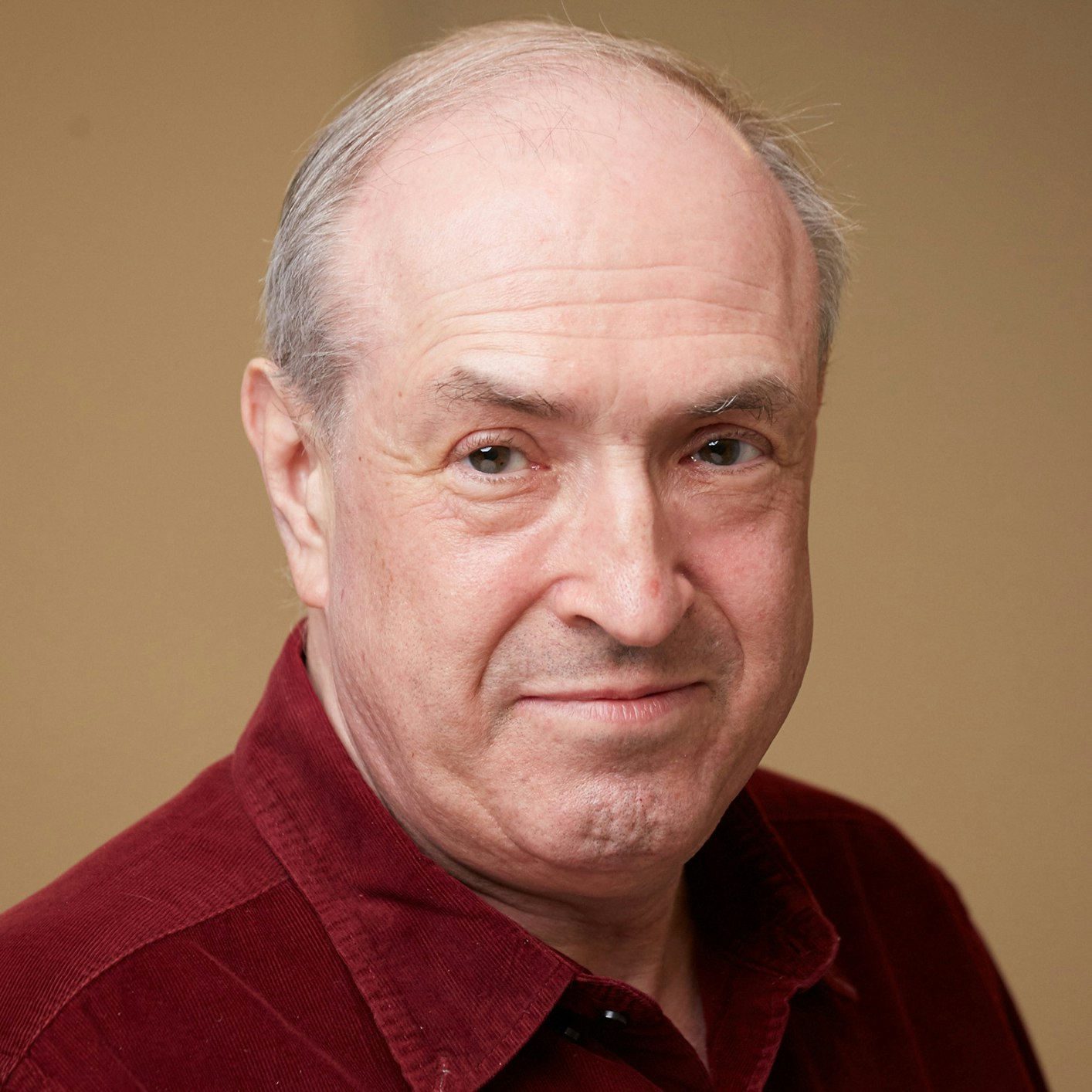Equatorial Guinea: Young People Lose Out as Summit Nears
By Ken Hurwitz
The African Union will hold its 17th summit this month in Malabo, the capital of Equatorial Guinea. Teodoro Obiang, who has ruled the country for the past three decades, has apparently spared no expense in preparing for the festivities, to be held from June 23 to July 1. "Hundreds of people are working tirelessly to complete the major infrastructures," according to the government, which is hoping to turn Malabo into "one of the most important locations for tourism and holding of events in Africa."
The "presidents of the African continent, and other very important guests and visitors from around the world" will no doubt be awed by the "huge complex for the summit, which will have, for example, over 50 independent and exclusive dwellings, which will be occupied by African presidents attending the meeting."
The summit is the biggest international event of its kind staged in the country, paid for by the revenues that have been flowing since oil was discovered off its coast in the mid 1990s. President Obiang, who marked his 69th birthday on June 5, evidently hopes the summit will mark his emergence as a respected senior African statesman—despite a continuing stream of human rights abuses and the endemic corruption that has left the majority of the roughly 700,000 citizens of his oil-rich country mired in poverty.
The official theme of the African Union summit is "accelerating youth empowerment for sustainable development." But while the summit slogan has been given new immediacy by the youth-led rebellions in North Africa and the Middle East, President Obiang is taking no chances.
He has put a total news blackout on discussion of the Arab revolts, backed up by a security clampdown. On April 2—almost three months before the summit—the national security minister announced special measures to "ensure perfect security" for the summit, with a "massive presence of… the Security Corps….on the streets and districts of our cities…to carry out preparations of surveillance and dissuasion."
In the topsy-turvy logic of a ruler described recently by the New York Times as an "undisputed human rights global bad boy," the proper way to empower youth is to make them vanish—at least for a while. By government order, schools in Equatorial Guinea were closed for the summer on May 30, more than a month earlier than the normal term end. Talking about empowering the young people, it seems, takes priority over actually educating them.
In addition, opposition sources in the country report that the security forces are rounding up young people and detaining them, or sending them to their families in the countryside. (Many rural children are sent to live with relatives in the cities in order to be able to attend schools unavailable where they live.)
Obiang is nothing if not consistent. The young people of Equatorial Guinea have never been a high priority for his government. According to U.S. figures, Equatorial Guinea spends a lower portion of its GDP on education (0.6 per cent) than any other country measured.
Barely a third of those entering primary school even finish: of those measured, only four countries performed worse than Equatorial Guinea on primary school "survival," according to UNICEF, which also found Equatorial Guinea performing in the bottom five when it comes to immunizing its one-year-olds against such avoidable scourges as polio (39 percent immunized) and measles (51 percent immunized). For every 1,000 babies born alive, 145 die by the time they reach five years of age—only 13 countries showed worse records on this signature measure of childhood well-being.
Of course, as a rule, adults do not do very well in Equatorial Guinea either. Despite a per capita GDP of $37,900—more than Germany ($35,900), the United Kingdom ($35,100), Japan ($34,200), or France ($33,300)—some 77 per cent of the population live in poverty, according to the IMF. And the average Equatoguinean can expect to be dead at about age 51.
But there is at least one "youth" who has been doing rather well. Forty-three year old Teodorin Nguema, President Obiang’s eldest son and heir apparent, who heads up the ruling party’s youth section, has managed to support a globe-trotting lifestyle, jet-setting in his $38 million Gulf Stream V from one world fashion capital to another.
Not long ago, while staying in his $35 million beachfront Malibu mansion, he managed to accumulate a $9.5 million fleet of 32 motorcycles and automobiles, including seven Ferraris, five Bentleys, four Rolls Royces, two Lamborghinis, two Maybachs, two Mercedes, two Porches, one Aston-Martin, and one Bugatti. All this, while holding down his full-time $6,799-a-month day job as Minister of Forestry and Agriculture.

Until November 2021, Ken Hurwitz was senior managing legal officer with the Open Society Justice Initiative.